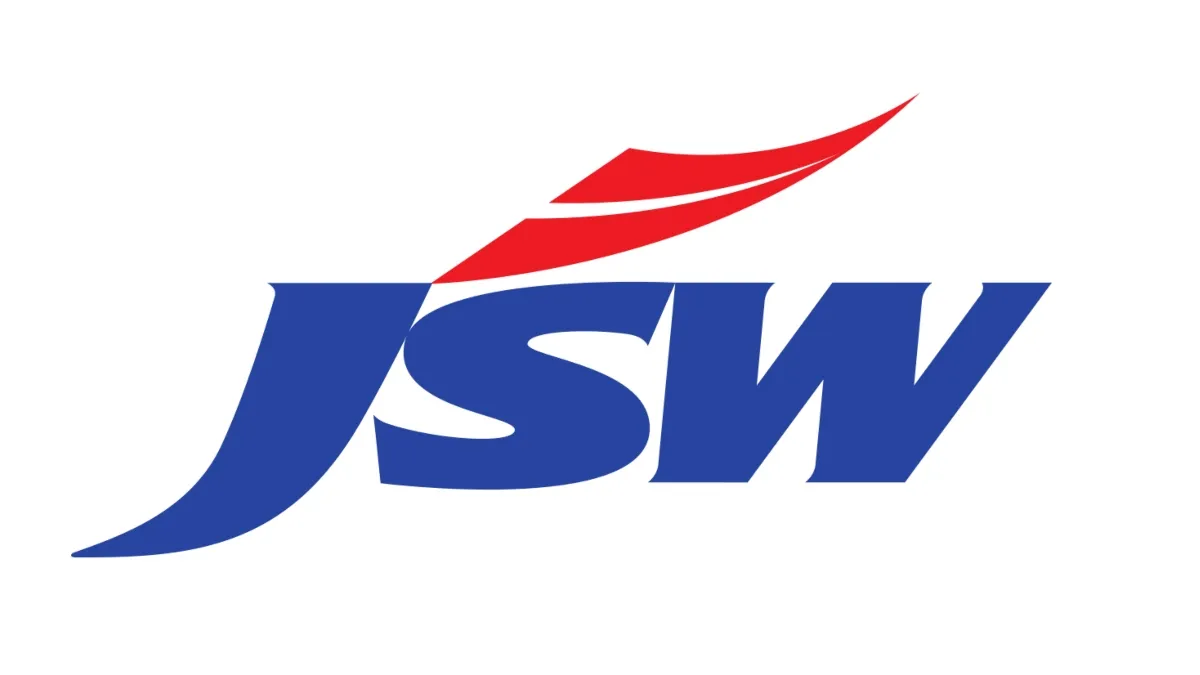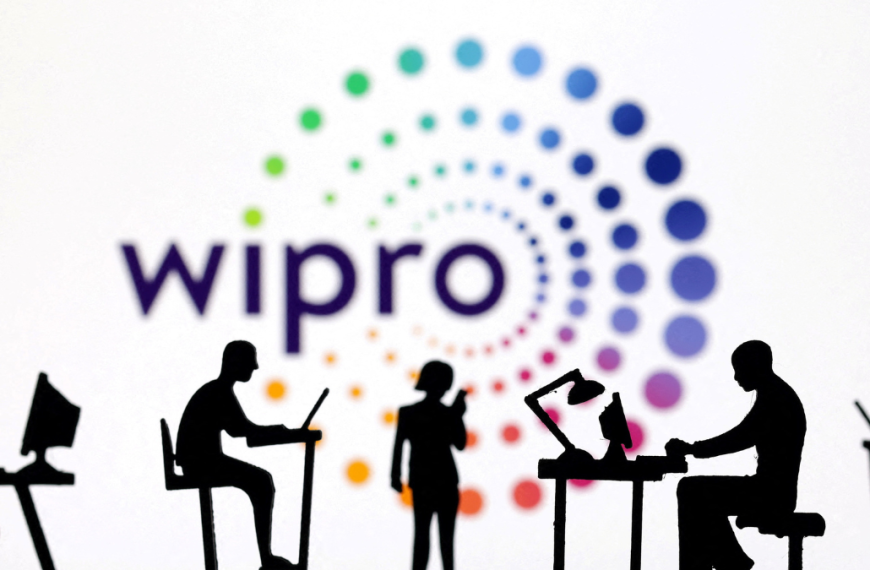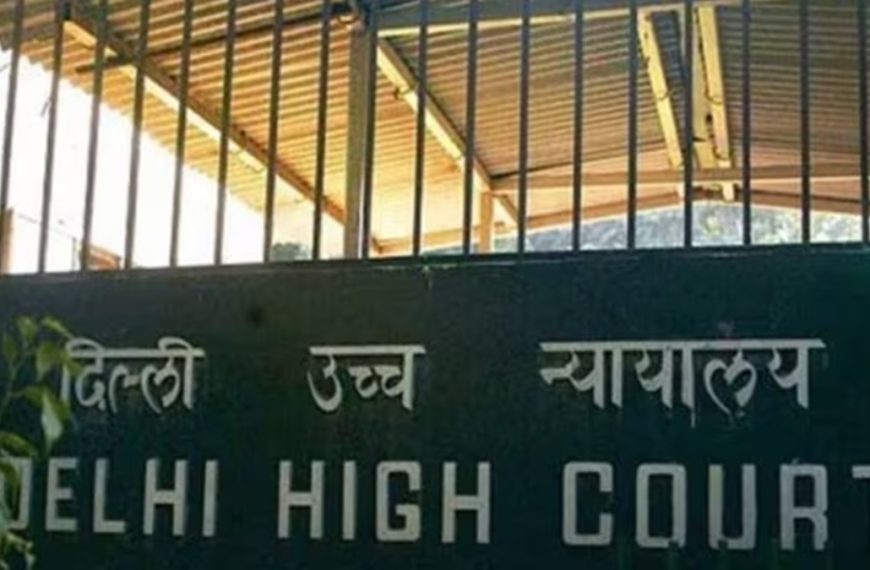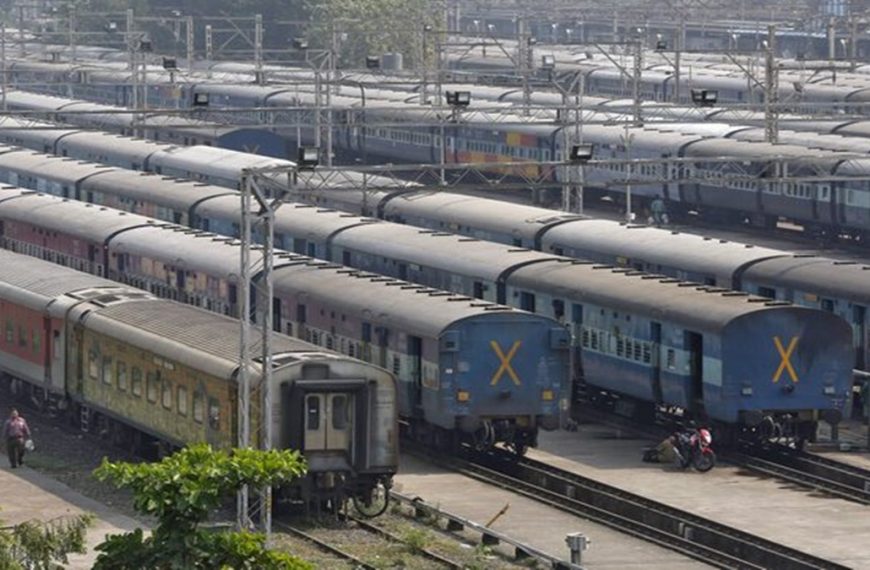JSW Group is embarking on a groundbreaking venture to establish a dedicated green steel plant aimed at exporting high-quality steel to the European Union (EU). This initiative aligns with the EU’s Carbon Border Adjustment Mechanism (CBAM), which mandates strict carbon emission standards for imported goods, including steel.
JSW Green Steel: A New Era of Sustainable Production
Situated in Salav, Raigad, Maharashtra, this innovative facility will operate under the umbrella of JSW Steel’s subsidiary, JSW Green Steel. JSW Group Chairman Sajjan Jindal announced that the plant is set to have a remarkable capacity of 10 million tonnes per annum (MTPA), with an investment ranging from ₹50,000 to ₹60,000 crore over the next few years. This ambitious project was revealed during a recent event hosted by the Indian Chamber of Commerce.
Commitment to Reducing Carbon Footprint
Founded in February 2022, JSW Green Steel aims to develop an integrated green steel plant with an initial capacity of 4 MTPA. This initiative is part of JSW’s broader strategy to significantly lower its carbon footprint and adapt to evolving environmental standards.
The CBAM rules, already in effect since 2023, will impose carbon-related tariffs on imports of high-emission goods, including steel, starting from January 1, 2026. This regulatory framework is crucial for maintaining competitive pricing and sustainability in the steel market.
Challenges for Indian Steel Producers
Indian steel manufacturers, primarily reliant on coal-based blast furnaces, face a higher carbon intensity, emitting around 2.5 to 2.6 tonnes of CO₂ per tonne of steel. This is notably higher than the global average of 1.85 tonnes CO₂ per tonne. As a result, industry analysts project that the tax burden on Indian steel producers could increase by 20-35% due to CBAM’s implementation.
JSW’s green steel plant is poised to revolutionize this scenario by producing steel with only one-fifth the carbon intensity of conventional Indian steel, as highlighted by Jindal.
Safeguarding Indian Steel from Dumping
In his address, Jindal emphasized the necessity of protecting the Indian steel sector from foreign competition, particularly from China, which frequently engages in steel dumping. He mentioned that the government is actively considering implementing a safeguard duty to shield local manufacturers.
Furthermore, Jindal pointed out the challenges faced by Indian steelmakers, who require sustainable profits to reinvest in their businesses and expand capacity. He noted that while China’s steel industry is mature and often state-owned, Indian producers need to generate consistent profits to fund their growth. With India requiring an additional 20 million tonnes of steel annually, this translates to an investment of around $20 billion each year.
Conclusion
JSW Group’s commitment to establishing a green steel plant reflects a pivotal shift towards sustainability in the steel industry. As the global demand for eco-friendly products rises, this initiative not only positions JSW at the forefront of the green steel movement but also underscores the importance of adapting to stringent international regulations. The future of steel production in India looks promising, provided that local industries can navigate the challenges posed by global competition and regulatory frameworks.











